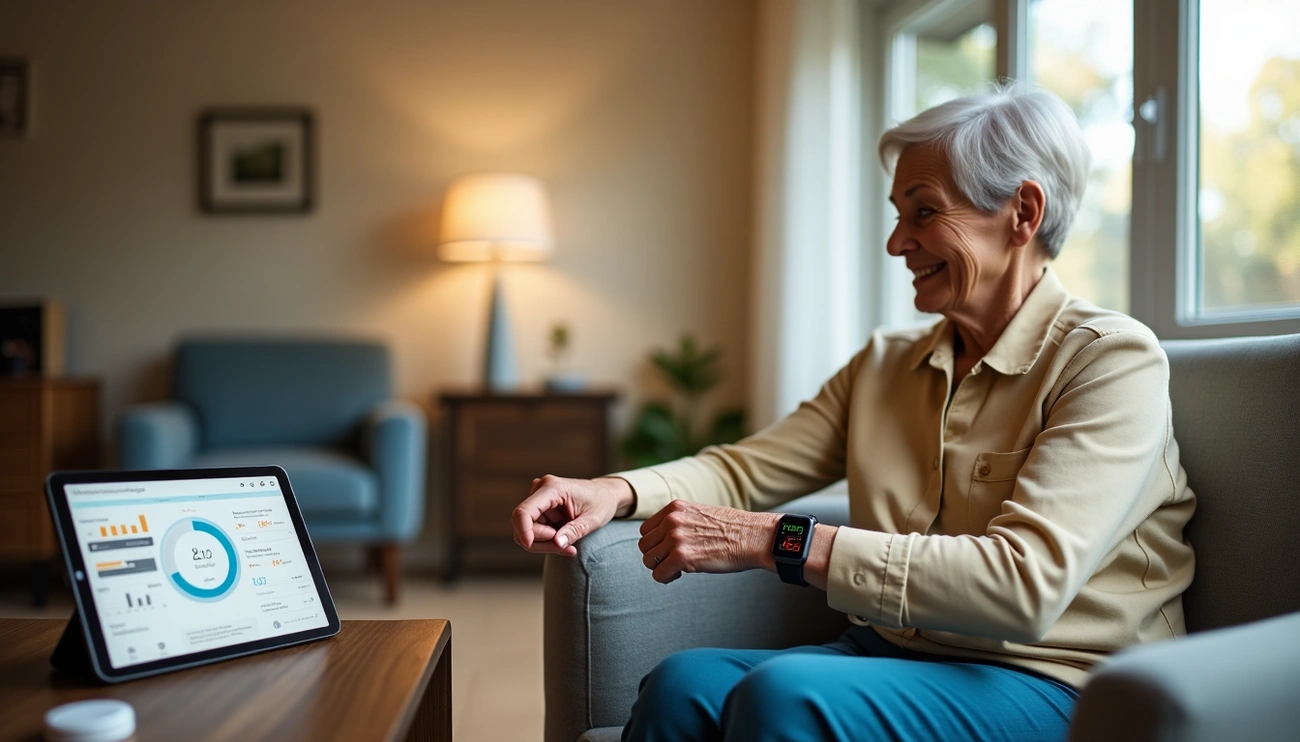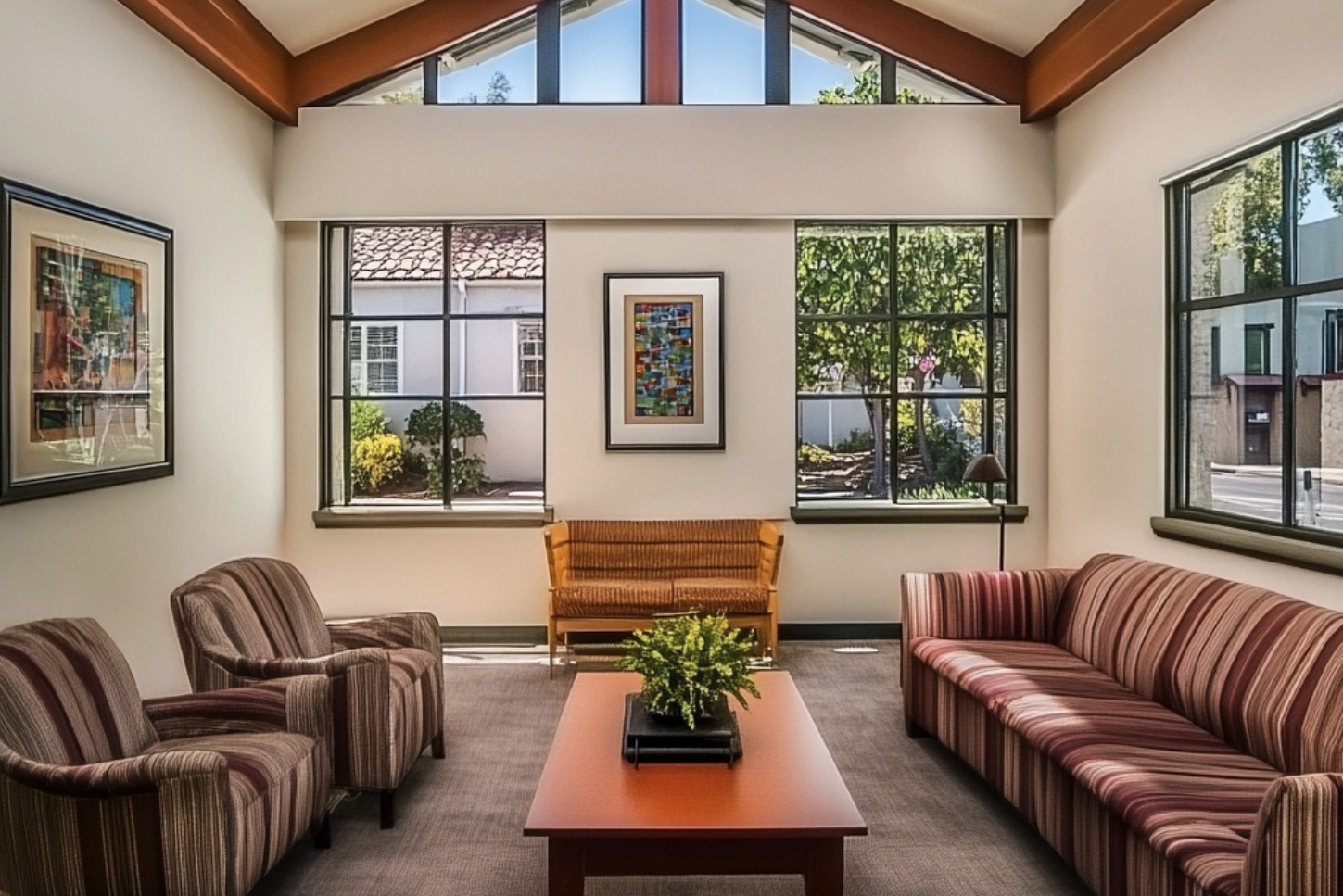Assisted living facilities provide housing, personal care services, supervision, and heart-related support to seniors suffering from chronic health conditions like dementia, disability, arthritis, diabetes, cancer, or heart diseases.
Most families don’t have buy schedules and can’t spend quality time with their elderly loved ones. As a result, the senior member of the family above 60 find it challenging to carry out daily tasks, such as bathing, grooming, and eating.
Some seniors have musculoskeletal issues, such as neck and back pain, which prevent them from mobility. Over time, mobility issues lead to permanent disability and deteriorate a person’s quality of life.
How do you know your elderly family member needs assisted living or home caregiving? What common signs to look for and determine if your loved one needs home care? Today’s article will highlight the primary signs your senior family member needs help at home. Read on!
Recent Accidents or Falls
Recent accidents or close calls are a primary sign to notice. Does your loved one fall frequently? Who responds to such a harsh situation? How much time does the response take?
Who is present at home to care for your loved one while you are in the office? Although accidents happen, older adults are more prone to falls. So, if you notice frequent falls, it is a clear sign that your loved one needs help at home.
Slower Recovery
Slow recovery from an acute health condition, such as cough, flu, fever, slip, fall, or injury, means your loved one’s immune system is weakened and does not respond appropriately to the injury or wound. Ask yourself the following questions:
- Does my father/mother seek medical care when needed?
- Does the flu last for more than three days?
- How does my father/mother respond to medication?
- How much time do I spare to take him/her to the doctor?
Answering these questions will help you understand the condition of your elderly family member and make an informed decision about whether they need help at home. If you don’t have time, consider hiring a professional/trained home caregiving service.
Worsening Health Condition
Older adults are more likely to experience chronic health conditions, such as diabetes, hypertension, coronary arteries disease, pulmonary disorders, congestive heart failure, and dementia.
These conditions worsen over time, declining your elderly loved one’s overall wellbeing and quality of life. If your elderly family member has any of these conditions, they need help at home, especially if you have a busy schedule and can’t assist them.
Difficulty with ADLs
Another sign your senior family member needs help at home is increasing difficulty managing ADLs. It stands for activities of daily living, such as bathing, grooming, dressing, shopping, laundry, cooking, and medication management.
So, if your family member can’t manage ADLs, hire a home caregiver because they have experience and training to assist your loved one and streamline their activities of daily living.
Weight Loss
Noticeable weight loss is another sign of your elderly family member’s deteriorating health. Ask yourself these questions to make an informed decision about hiring a home caregiver:
- Has my father/mother/wife lost weight?
- Have they added notches to the belt?
- Do they feel thinner or weak?
Various conditions, including depression, stress, heart disease, and cancer, can cause weight loss. If your loved one has trouble getting out to shop or remembering how to do laundry, cook food, eat meals, or perform exercise, it indicates that they may have lost a few pounds. For example, forgetting to cook food means your aging parent has lost appetite.
Fragility/Weakness
- Do I feel anything different about my elderly family member’s strength?
- Is there a noticeable sign of poor stature or posture?
- Does my father quickly or slowly rise from a chair or bed?
- Does my elderly “loved one” seems unsteady?
- Are there any balance or range of motion issues?
You must observe your senior family member and answer these questions to determine whether they need a caregiver. If you confirm that your father or mother has weakness or fragility, don’t waste time and look for professional home caregiving services in the local area.
Poor Hygiene Habits
- Do I sense strange body odor when I hug my elderly loved one?
- How often does my father/mother/spouse take a shower?
- Do they trim their nails or go to the barber’s shop for haircuts?
- Does my senior family member shave their beard regularly?
- Do their hair and makeup look all right?
- Do they wear clean clothes? Or are the clothes clean?
Answering these questions after carefully observing your elderly family member’s personal hygiene habits can help you make a wise decision about hiring a home caregiving service.
Loss of Interest in Activities
Common signs your loved one has cut back on interests and activities are an abandoned hobby area, canceling a club membership, an unused library card, lack of interest in watching their favorite TV shows and isolating themselves in their rooms without talking to other family members.
Lack of Socialization
Socialization is an integral part of everyone’s emotional and social wellbeing. It improves a person’s overall health and mood and mitigates isolation/loneliness risks. However, if your loved one:
- No longer drives
- Feels afraid to take public transport alone
- Lacks a companion or friend to go to the park
It indicates they need a companion or caregiver who can give them company indoors and outdoors without compromising their autonomy or independence. A professional caregiver has years of experience and understands how to develop a socialization plan based on their specific needs.
Final Words
Although every older adult has their own signs that indicate a specific condition/situation, the above are the common signs to look for or observe for a few weeks to determine whether they need specialized care.
Hiring a home caregiver is an excellent way to improve your elderly family’s member wellbeing. It is proportional to increased comfort levels, faster recovery from acute conditions, personalized meal plans, one-on-one attention, autonomy/independence, companionship, and peace of mind. Contact us today for more information.
Sources:
- https://www.alegrecare.com/single-post/2017/02/27/7-signs-your-elderly-parent-needs-a-home-caregiver
- https://www.agingcare.com/articles/warning-signs-that-elderly-parent-needs-help-138989.htm
- https://commhealthcare.com/sign-parent-might-need-home-care/
- https://www.nia.nih.gov/health/what-are-signs-aging-parent-needs-help












